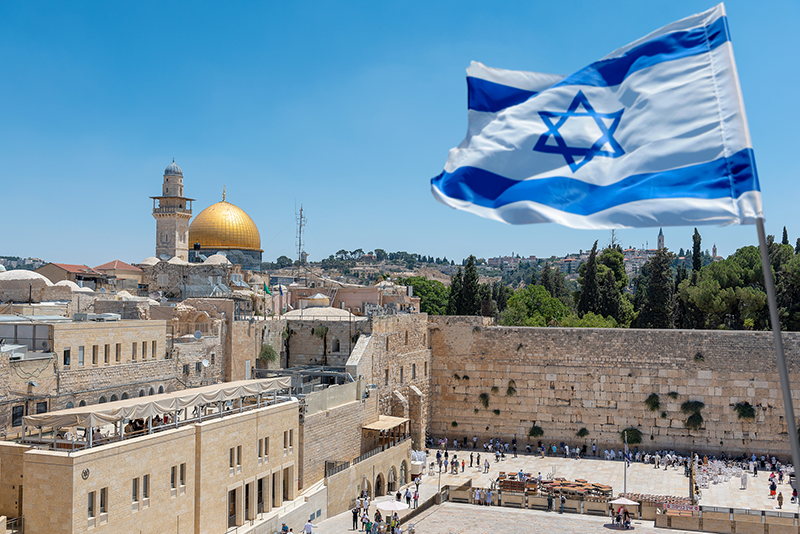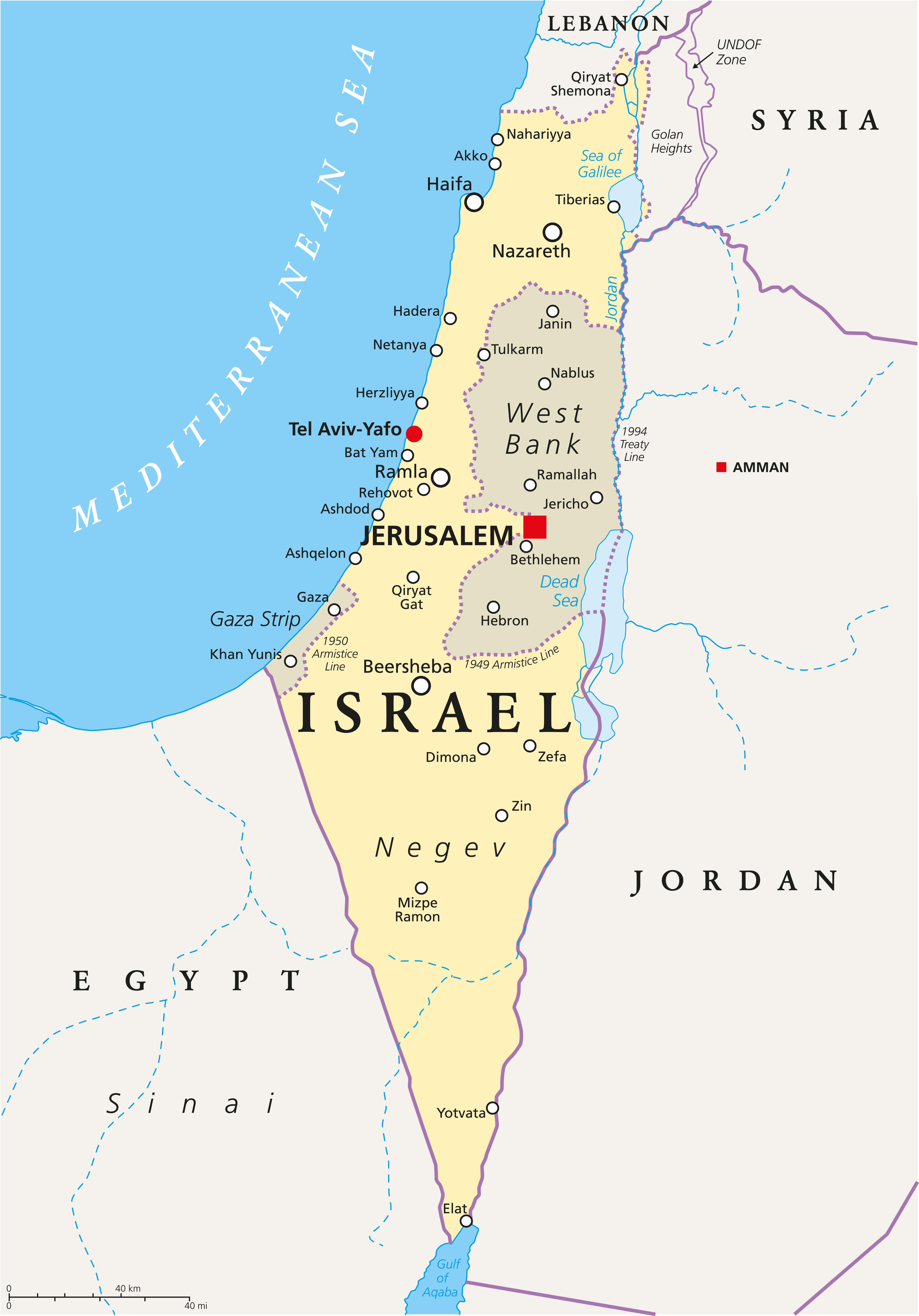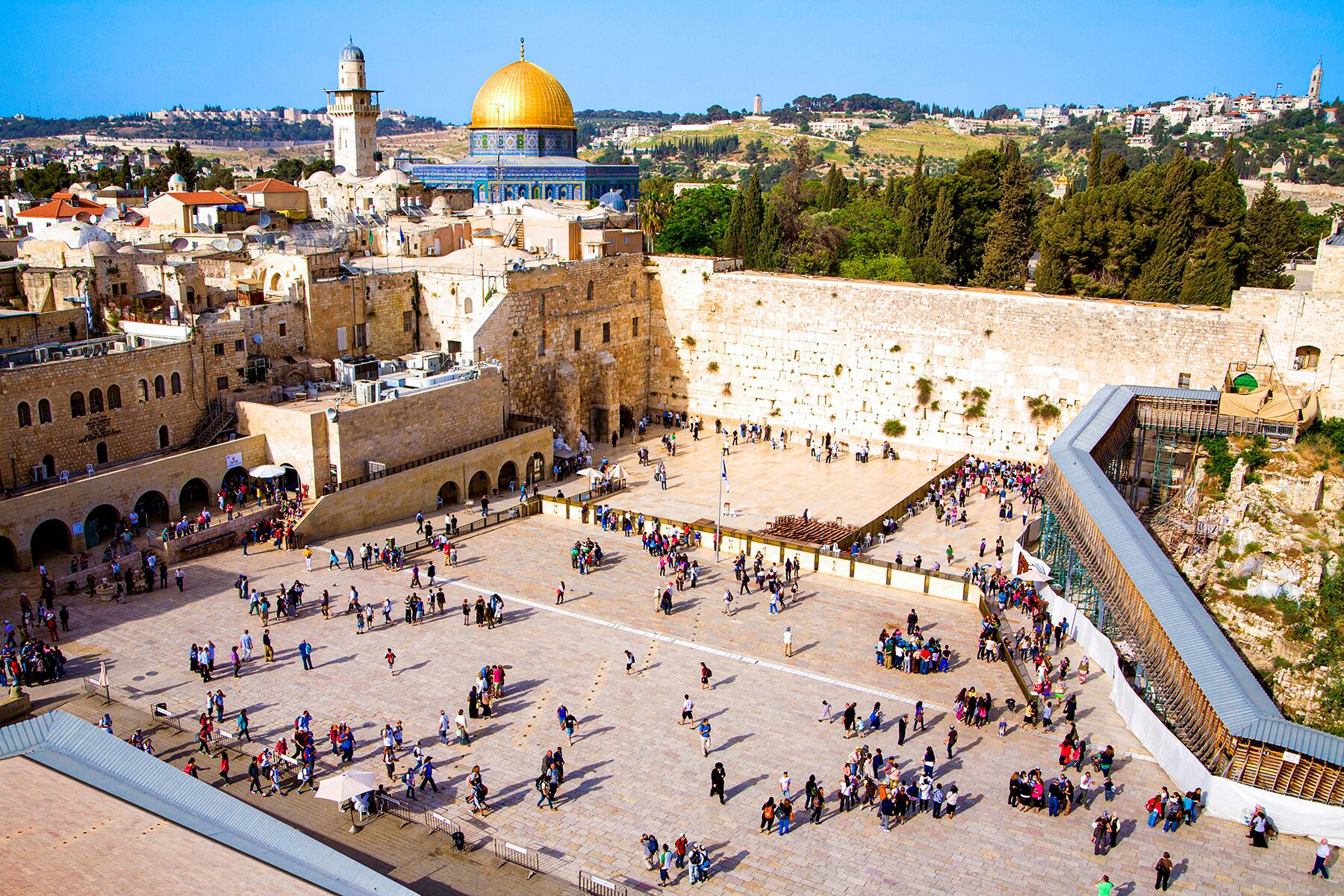Israel Kamakawiwoʻole, a name that brings to mind gentle melodies and a powerful voice, truly touched hearts across the globe. His iconic rendition of "Somewhere Over the Rainbow" became a global anthem, a comforting sound for so many. People everywhere, from Honolulu to distant lands, have felt a deep connection to his music and the spirit he brought forth. It is quite amazing, really, how one person's voice could carry such a profound message and resonate with such a wide audience.
Often, when we think about someone's journey, we consider their formal schooling, the degrees they might have earned, or the institutions they attended. Yet, for a figure like Israel Kamakawiwoʻole, affectionately known as Bruddah Iz, his "education" was, in some respects, a much broader tapestry. It was woven from his Hawaiian roots, his family experiences, and the very air he breathed on those islands. This deeper look at his learning path helps us understand the true source of his artistry and his connection to his heritage.
So, what does it truly mean to explore Israel Kamakawiwoʻole's education? It means looking beyond typical classrooms and recognizing the profound impact of culture, family, and personal experience on shaping a person. His life story, though tragically short, offers rich lessons about how talent can blossom, how a voice can find its purpose, and how an individual can become a beloved figure, all without necessarily following a conventional academic path. We will consider what truly shaped this remarkable musician.
- What Is Nancy Meyers Inspired Interior Design
- Words Of Wisdom On Moment
- Art Deco Patterns
- David Hamilton Photos
- Wine Charms
Table of Contents
- Biography of a Gentle Giant
- The Roots of His Learning: Early Life and Hawaiian Heritage
- The School of Sound: Israel's Musical Education
- A Cultural Curriculum: The Impact of Hawaii
- Lessons from a Life of Purpose
- Frequently Asked Questions About Bruddah Iz
- Continuing the Melody: His Lasting Influence
Biography of a Gentle Giant
Israel Kaʻanoʻi Kamakawiwoʻole, known by many as Bruddah Iz, was a truly celebrated Hawaiian musician. He was born on May 20, 1959, in Honolulu, Hawaii, a place that would forever shape his music and his soul. His journey, though not long in years, was incredibly impactful, touching millions with his unique sound. He passed away in June 1997, leaving behind a legacy that continues to resonate with people across the globe. His most famous work, that medley of "Somewhere Over the Rainbow" and "What a Wonderful World," has been viewed billions of times, a true testament to his enduring appeal.
His life was deeply intertwined with the Hawaiian islands. While he was closely associated with Makaha and Niihau, his very roots were in Kaimuki, where his parents first met and married. He was known for a gentle way about him and a powerful presence, something that shone through in his performances. His wife, Marlene Kamakawiwoʻole, played a very big role in his journey toward becoming one of the greatest Hawaiian singers. They were married for about 14 years, and her support was definitely a constant in his life.
This artist, with his big heart and small ukulele, sang songs that spoke not just to his own people but to the entire world. His music, particularly that iconic recording of "Somewhere Over the Rainbow," truly brought joy worldwide. Even today, the Google Doodle has celebrated his birthday, showing just how much he is remembered and cherished.
- Mayhem Album Cover 1991
- Venda Nos Olhos Episódio
- Takoyaki Octopus Cute
- Toddler Running Png
- Wallpaper 4k Eye Mystic
Personal Details and Bio Data of Israel Kamakawiwoʻole
| Full Name | Israel Kaʻanoʻi Kamakawiwoʻole |
| Known As | Bruddah Iz, Iz |
| Birth Date | May 20, 1959 |
| Birth Place | Honolulu, Hawaii |
| Date of Passing | June 26, 1997 |
| Spouse | Marlene Kamakawiwoʻole |
| Years Married | Approximately 14 years |
| Famous For | Medley: "Somewhere Over the Rainbow/What a Wonderful World" |
| Associated Places | Honolulu, Kaimuki, Makaha, Niihau |
| Legacy | Celebrated Hawaiian musician, global icon of peace and aloha |
The Roots of His Learning: Early Life and Hawaiian Heritage
When we think about Israel Kamakawiwoʻole's "education," it's important to look at where he came from. Born in Honolulu, Hawaii, in 1959, his early life was immersed in the rich cultural fabric of the islands. This wasn't just a place he lived; it was a living classroom. His roots were in Kaimuki, a neighborhood where his parents met and married, and this environment surely played a part in shaping his early perspectives. He grew up surrounded by the sounds, stories, and traditions of his people, which is a kind of learning that goes much deeper than any textbook.
The Hawaiian culture itself, with its deep respect for nature, community, and ancestral knowledge, served as a foundational education for Bruddah Iz. He learned about aloha, the spirit of love and compassion, not from a formal lesson plan but through daily life and the actions of those around him. This informal learning, you know, it's almost more impactful sometimes than anything taught in a school building. It shapes a person's core values and their way of seeing the world.
His connection to places like Makaha and Niihau further deepened his cultural understanding. These areas are steeped in Hawaiian history and tradition, and spending time there would have given him a very real, lived experience of his heritage. This kind of experiential learning, which is that, it's like an ongoing lesson in what it means to be Hawaiian, was undoubtedly a significant part of his formative years.
The School of Sound: Israel's Musical Education
While specific details about Israel Kamakawiwoʻole's formal schooling are not widely available in the information provided, his true "education" clearly took place within the world of music. His mastery of the ukulele and his incredibly powerful voice were not just gifts; they were skills honed through dedication and, quite possibly, self-teaching and community influence. Many musicians learn their craft through immersion, by listening, imitating, and experimenting, and it's highly likely Bruddah Iz followed a similar path.
The musical traditions of Hawaii, with their unique rhythms and storytelling through song, would have been his earliest instructors. He probably spent countless hours listening to local musicians, absorbing the melodies and harmonies that are so characteristic of Hawaiian music. This kind of auditory learning, which is that, it's a very natural way for a musician to develop their ear and their craft. It's like an apprenticeship in sound.
His collaboration with other musicians, particularly in his early career, would have also served as a vital part of his musical development. Playing with others teaches rhythm, timing, and the art of improvisation. It's a very practical, hands-on form of education that can't be replicated in a classroom. His wife, Marlene, also played a big role in his journey, which suggests a supportive environment that fostered his artistic growth. This kind of encouragement is, you know, a very important part of any creative person's learning.
His ability to take a classic song like "Somewhere Over the Rainbow" and transform it into something so uniquely Hawaiian, yet universally beloved, speaks volumes about his musical intelligence. This wasn't just about singing notes; it was about interpreting, arranging, and pouring his own cultural spirit into the piece. This creative process itself is a form of ongoing learning and artistic refinement.
A Cultural Curriculum: The Impact of Hawaii
Beyond formal education, Israel Kamakawiwoʻole's life was a continuous lesson in Hawaiian culture. His music was not just entertainment; it was a vehicle for sharing the stories, values, and struggles of his people. This commitment to his heritage was a deeply personal and profound aspect of his being, and it truly shaped every note he sang. His songs spoke to his people, and in doing so, they also spoke to the entire world, offering a window into the heart of Hawaii.
He became, in a way, a cultural ambassador, teaching listeners about the beauty and spirit of Hawaii through his voice. This role wasn't something he likely set out to achieve in a formal sense; it was a natural extension of who he was and what he believed in. His gentle demeanor, which many remember, was a reflection of the aloha spirit that he embodied and shared. This kind of cultural sharing is, you know, a very powerful form of education for everyone involved.
The themes in his music often reflected the deep connection Hawaiians have to their land and their history. By singing about these things, he educated his audience, both local and international, about the importance of preserving culture and respecting the environment. It's a bit like a living history lesson, delivered with warmth and sincerity. This focus on his heritage was, arguably, the most significant aspect of his "education" and his contribution to the world.
Lessons from a Life of Purpose
Israel Kamakawiwoʻole's life, though tragically short, offers many lessons, a kind of education in itself for those who look to his story. He taught us about the power of authenticity, about using one's voice to share a message that truly matters. His commitment to his Hawaiian heritage, and his ability to convey that through music, shows the strength that comes from staying true to your roots. This dedication is, you know, a very inspiring example for anyone.
He also showed the world that true impact doesn't always come from traditional paths or widespread formal training. Sometimes, the most profound influence comes from a pure heart, a clear voice, and a deep connection to one's identity. His global success with "Somewhere Over the Rainbow" is a testament to this, proving that genuine emotion and cultural integrity can transcend borders. It's pretty amazing, actually, how much he achieved.
His legacy continues to educate new generations about Hawaiian music and the aloha spirit. People all over the world still display a deep affection for his work, and his songs continue to bring joy. This enduring presence means his "education" of the world about Hawaii and its spirit is still ongoing, long after his passing. Learn more about Hawaiian music on our site.
Frequently Asked Questions About Bruddah Iz
Q: What was Israel Kamakawiwoʻole's formal education background?
While Israel Kamakawiwoʻole was a celebrated musician, the provided information does not detail his formal schooling or academic background. His "education" appears to have been more rooted in his cultural upbringing, family life, and extensive musical practice. He was born in Honolulu and grew up immersed in Hawaiian culture, which likely shaped his learning more than any traditional classroom setting.
Q: How did Israel Kamakawiwoʻole learn to play the ukulele so well?
The text does not specifically outline how Israel Kamakawiwoʻole learned the ukulele, but it's widely understood that many Hawaiian musicians learn their craft through cultural immersion, self-practice, and playing with family and community members from a young age. His deep connection to Hawaiian music suggests a lifelong engagement with the instrument, honing his skills through constant practice and performance.
Q: What role did Hawaiian culture play in Israel Kamakawiwoʻole's development?
Hawaiian culture was absolutely central to Israel Kamakawiwoʻole's development, acting as a profound form of "education." His music and gentle demeanor reflected the aloha spirit and the deep connection to the land and heritage of Hawaii. He was born in Honolulu and had roots in Kaimuki, and his songs spoke to his people and the world about his culture, making him a powerful ambassador for Hawaii.
Continuing the Melody: His Lasting Influence
Israel Kamakawiwoʻole's impact stretches far beyond his lifetime, a truly remarkable achievement for someone whose time on Earth was, sadly, quite short. His iconic medley, with its isolated vocals celebrating over 1.5 billion views, continues to be a source of comfort and inspiration for people across the globe. This enduring popularity shows that his message, delivered with such a gentle touch, still resonates deeply.
His story reminds us that "education" can come in many forms. It's not always about what happens within the walls of a school. For Bruddah Iz, it was about his Hawaiian roots, the sounds of his home, the love of his family, and his sheer dedication to his craft. These elements combined to create a voice that would forever be associated with peace, beauty, and the spirit of aloha. To learn more about his life and music, you might want to visit his official website, which is IZ Hawaii.
His memory, celebrated even by a Google Doodle on his 61st birthday, is a testament to the profound connection he forged with listeners everywhere. People all over the world are still displaying such warmth for his work. His "education" was, in a very real sense, a lifelong journey of cultural immersion and musical expression, teaching us all about the power of a single voice to unite and uplift. You can learn more about this topic by exploring other related articles.
- Subtractive Work Ceramic
- Crochet Swimsuit
- Takoyaki Octopus Cute
- Star10 Real Madrid Logo
- Two People Looking On In Disbelief Gif


